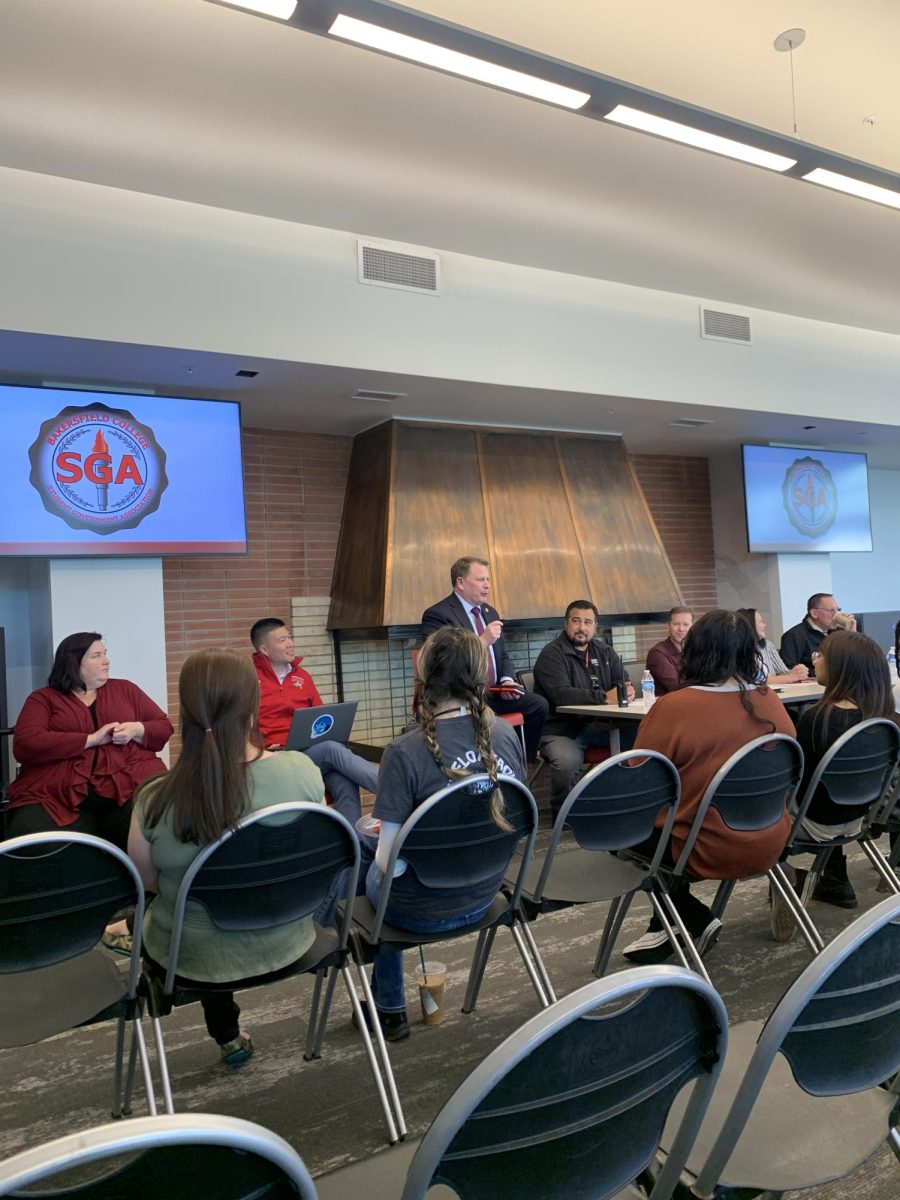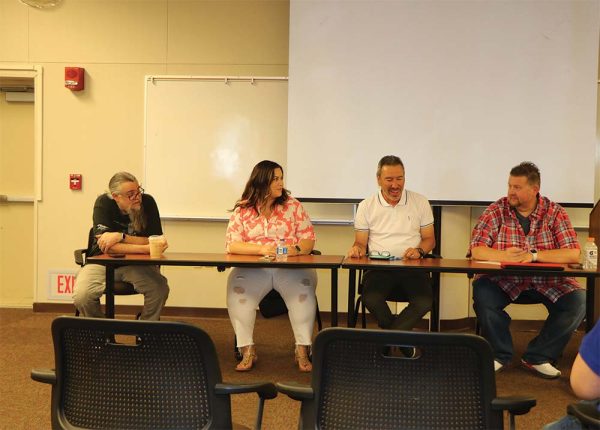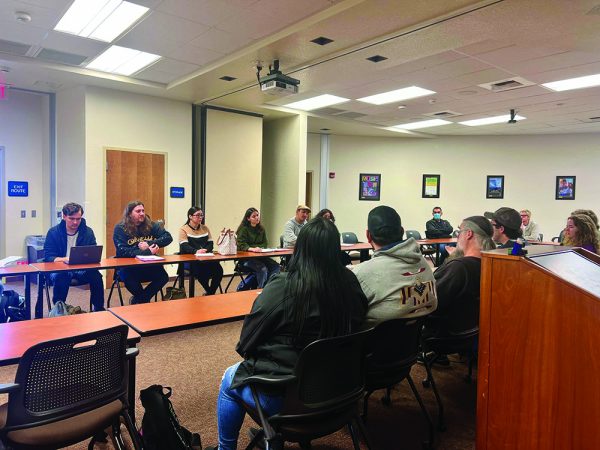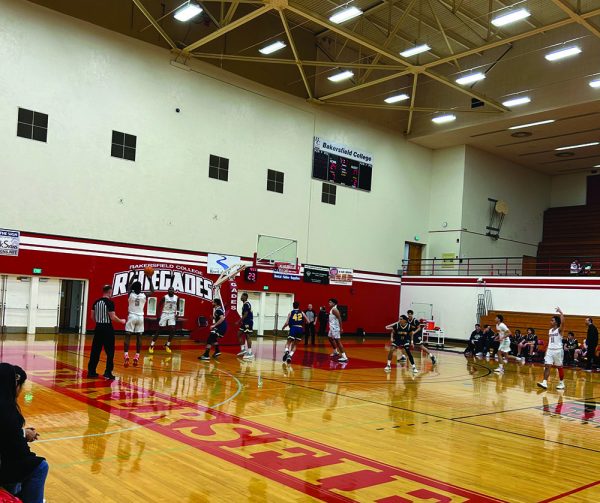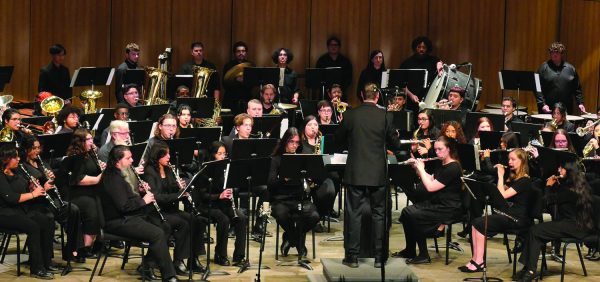Op-Ed: Is social media a blessing or a curse?
February 5, 2021
While the COVID-19 quarantine remains set in place, people have increasingly relied on social media as a way to connect with one another. This is important as many have lost the connections made through face-to-face socializing. Humans are social creatures with a need to bond with one another, and studies have shown that when people become isolated, they mentally and emotionally deteriorate. So, having a means to stay connected with old friends and new ones is much more important to a person’s mental health than their social status.
Unfortunately that same social media has been linked at the root cause of lot of the animosity people have toward one another. And not just because various political groups were using social media as means to meet up and violently confront their ideological counterparts in public streets.
Social media platforms that offer online anonymity have been linked to behaviors that are not normally exhibited by people elsewhere. A study by Rider University Department of Psychology referred to this as the “online disinhibition effect,” which more or less describes that a person who can get away with bad behavior without consequence has increased likelihood for them to take part in that exact bad behavior.
According to BroadbandSearch statistics, 37% of Facebook users and 42% of Instagram users have experienced cyberbullying, with Twitter and Youtube having only reported 9 % and 10 % respectively.
Whether or not anonymity is the direct cause of this however is still inconclusive.
But there are other broader effects to social media than just how people treat each other. It also can affect how people view themselves by comparing their own lives to others. One study by the University of Pennsylvania linked social media usage directly to increased feelings of depression and loneliness. Another study by Harvard University, directly linked social media effects on dopamine chemicals released in the brain. These feedback loops cause people to become addicted to apps like Facebook, Snapchat, and Instagram because of brain chemistry that makes us excited, in the same vein as the lottery, gambling or drugs.
The good news is that, as more people are forced to interact with each other under these conditions, it is removing a lot of those initial barriers of understanding and acceptance that social media had inadvertently created. Some students interviewed since quarantine started last year have all acknowledged that they rarely see their friends and social groups in person, and that previously they had limited interaction on social media. Now that they have been forced to evolve their social interactivity to the virtual realm, there’s been interesting “hot takes” on how best to approach interacting with people. However, nobody seems to have the best solution on moving forward just yet. And that is perfectly fine. Because every student engaging in this discussion, whether they realize or not, are modern day pioneers for the next generation of social media users.
How the quarantine and even political animosity between peers is causing people to see things differently now is not only important. It’s something that can be identified and shared around peer groups, in order to gather data and analyze amongst one another, as the studies listed above are doing.
The important thing is for those engaging one another on social media to maintain a degree of self-awareness about the effects it has on them. As with all tools that humans have developed since ancient times, awareness of how these scientific advancements affect us are not always fully understood until much later.


